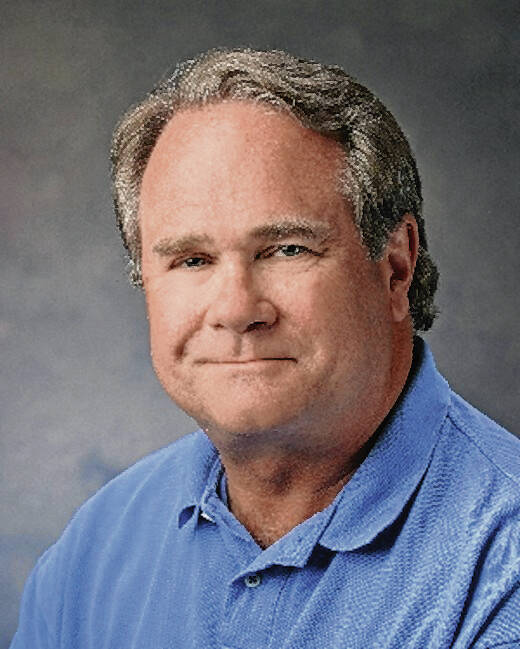
Craig Ladwig
My grandfather businessman used to say his life was getting too “busy.” Well, we are way past that now. Extracurricular and regulatory responsibilities have made life for a business owner downright hectic, demonically so.
I say that because the Devil loves an impossible task and our days are full of them. Running any business requires a daunting mastery of technical, accounting, computer and engineering skills unimaginable even a generation ago. Hitching a mule to a plow to dig into 40 acres is idyllic by comparison.
The government, meanwhile, is adding regulations and restrictions at breakneck speed, or at least as fast as its bureaucracy allows. Have you read the tort-driven warnings on your new step ladder? Have you attempted to guide a loved one through Obama’s healthcare system? How about a business owner complying weekly with hundreds of details in safety, procurement, architecture, zoning, personnel and tax laws?
All that is on top of almost incidentally providing a valued product in a competitive market.
So I shouldn’t have been surprised when a friend told me he was thinking about selling his family’s near century-old business. And this is not just any business, it is a national business and was Indiana founded. The company’s operation has become too complex for any single person to manage — too much paperwork and regulatory detail, most of it involving serious legal exposure.
On top of that, my friend cannot find the qualified and trustworthy people he needs to assemble a winning management team. Although only in his 50s, he is being exhausted by government and its deranged policies. He feels like a character in an Ayn Rand novel.
And as Rand predicted, business success has been devalued generally in our culture and its risks minimized. Several generations now have be taught that capitalism is a zero-sum game where profit is merely stolen from someone else — someone else politically designated as more needy.
That said, is it important that sole proprietorships survive? Think about it for a minute. Individual owners have a stake in the community and its citizen-employees. Their goals are set longterm with their families and the families of their workers in mind. In short, they are civically accountable. Such private, personal ownership is the building block of our state and nation.
William Rockhill Nelson, a Fort Wayne publisher who went west to help build Kansas City was asked why his newspaper there spent so much time promoting thoroughfares, parks, sculptures and fountains. “Because I live here, damn it,” was his answer.
Currently, the U.S. Small Business Administration says the William Rockhill Nelsons make up only 79 percent of all businesses now.
Along with inflation, that is a number to watch.
Craig Ladwig is editor of the quarterly Indiana Policy Review. Send comments to [email protected].
